Over the years, I have worked with teens and young adults, facilitating and directing programs on work readiness while connecting them to job opportunities. I’ve also interviewed numerous candidates and can tell you what employers are looking for in a new hire.
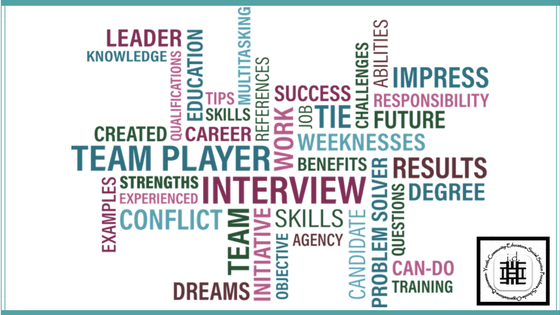
Interviews have a set of unwritten rules and expectations. These are the basic standards that the majority of interviewers expect, which includes: attire, behavior, and response to interview questions. Some of the tips may seem extremely specific and may not even make sense to you, but they are important. The job market is extremely competitive, and you want to have every advantage when going into the interview.
Interviewers tend to be in managerial positions, so they are busy and want to find the best candidate as quickly as possible. They want that candidate to be you! The hard part is knowing you are being judged, but now you will know what they will be judging you on, and you can be prepared for it.
Think of the interview like going on a first date – without all the fun stuff. This doesn’t mean be flirty, but it means you are trying to make a good impression by putting your best foot forward.
This post will reveal numerous ways to have a successful interview based on the key things that interviewers expect from an interviewee.
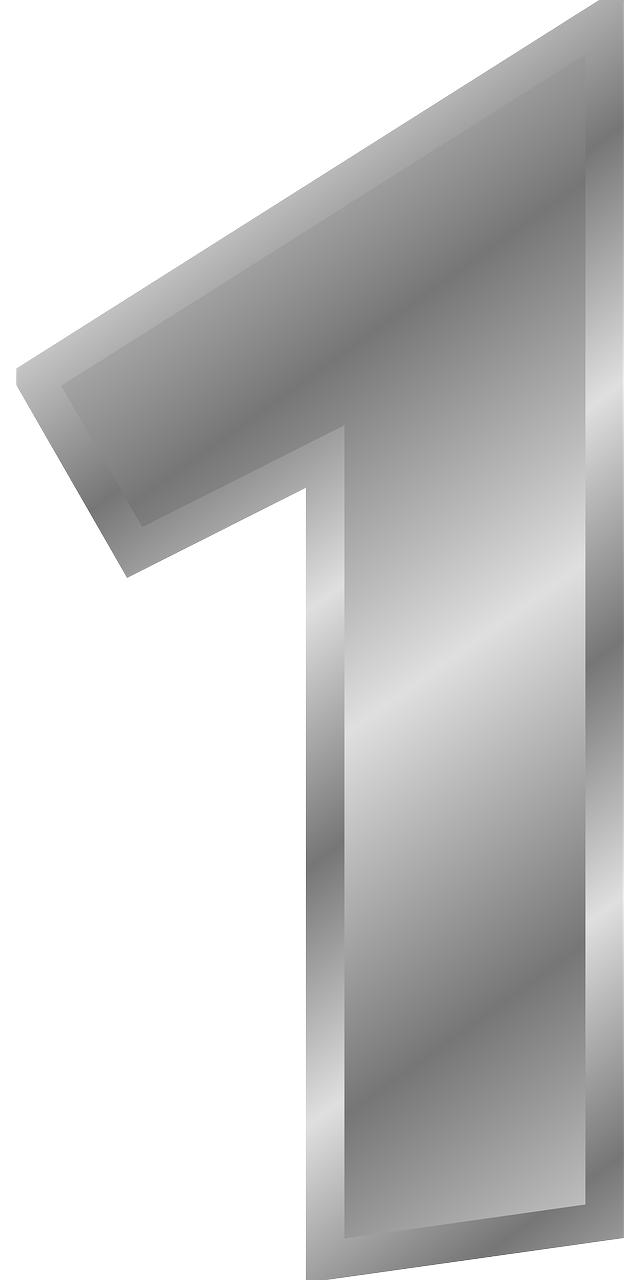 Be prepared.
Be prepared.
Bring the dates, phone numbers, and names of past supervisors with you. On occasion, you will be asked to fill out a job application. Have all of the materials you need with you.
- Copies of your resume and cover letter
- Folder or Portfolio (if you have one)
- Pen with blue or black ink
- Notepad to write on
- If you have a professional bag, you should use it. Don’t use a plastic bag to carry your stuff.
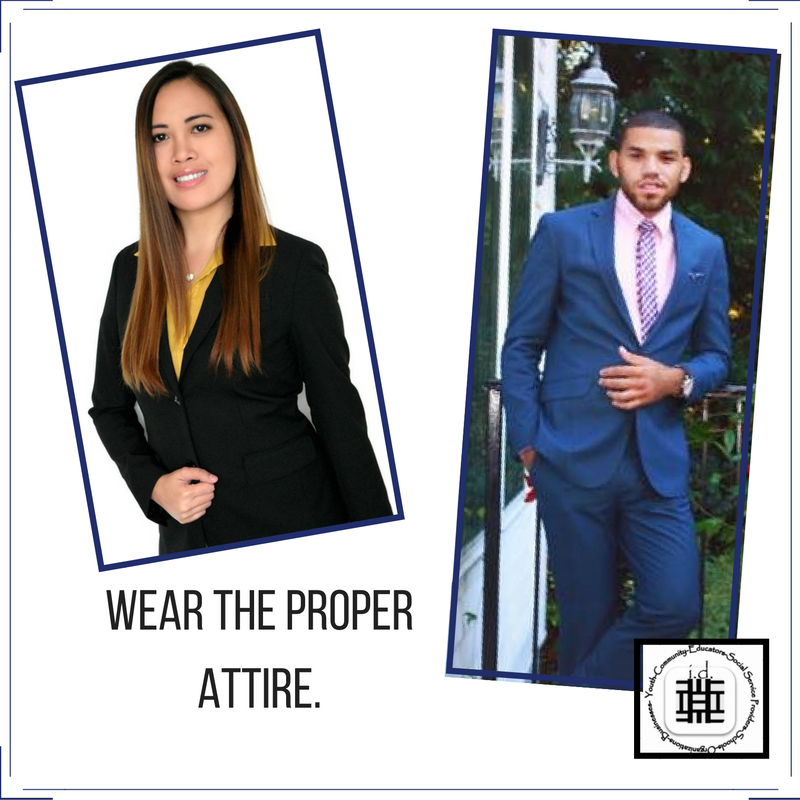
Marcus Peterson Pictured to the Right
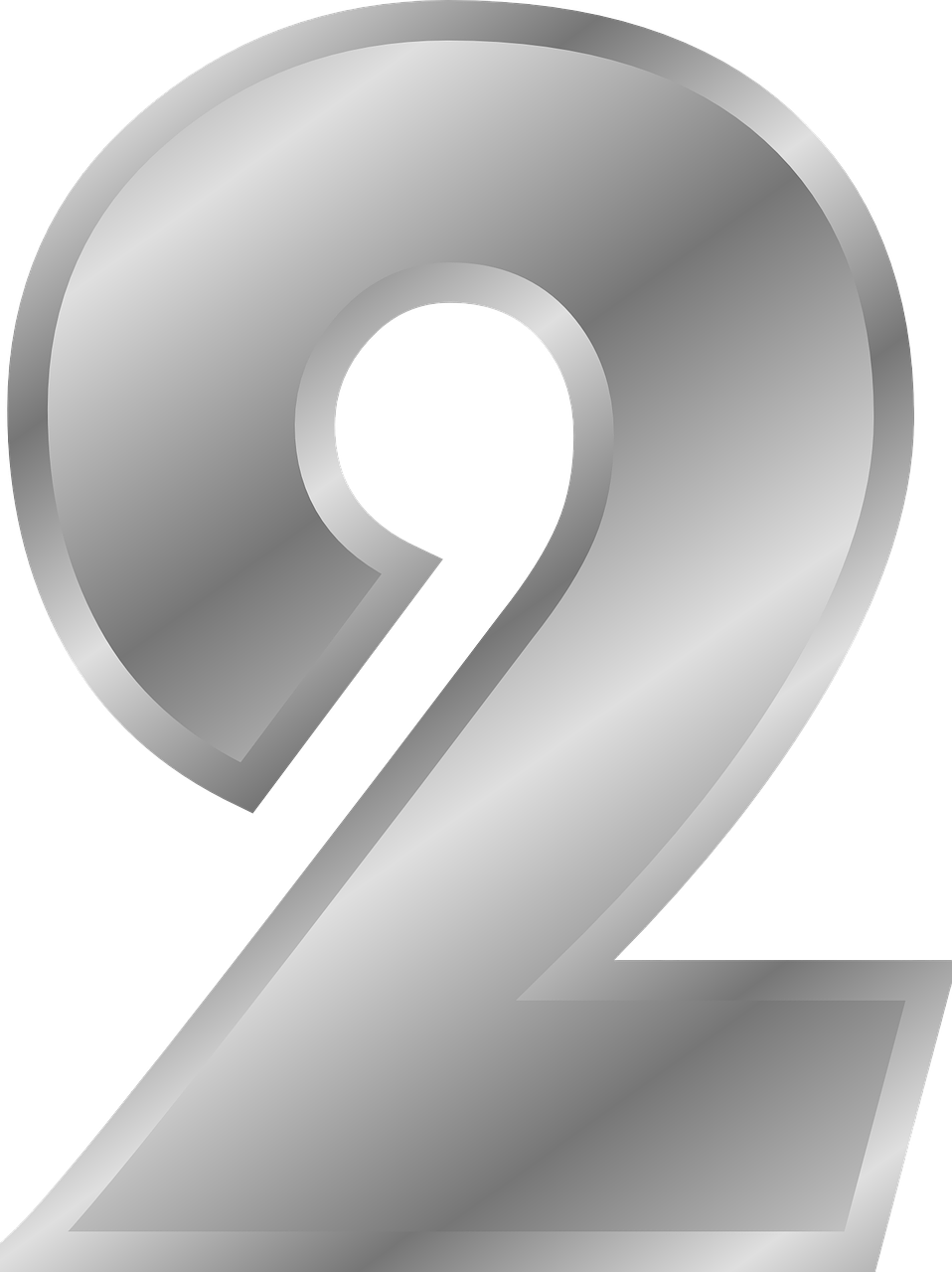 Wear the proper attire.
Wear the proper attire.
You want to make sure you look neat, clean, and professional. Wear a dark suit, and make sure that it fits properly.
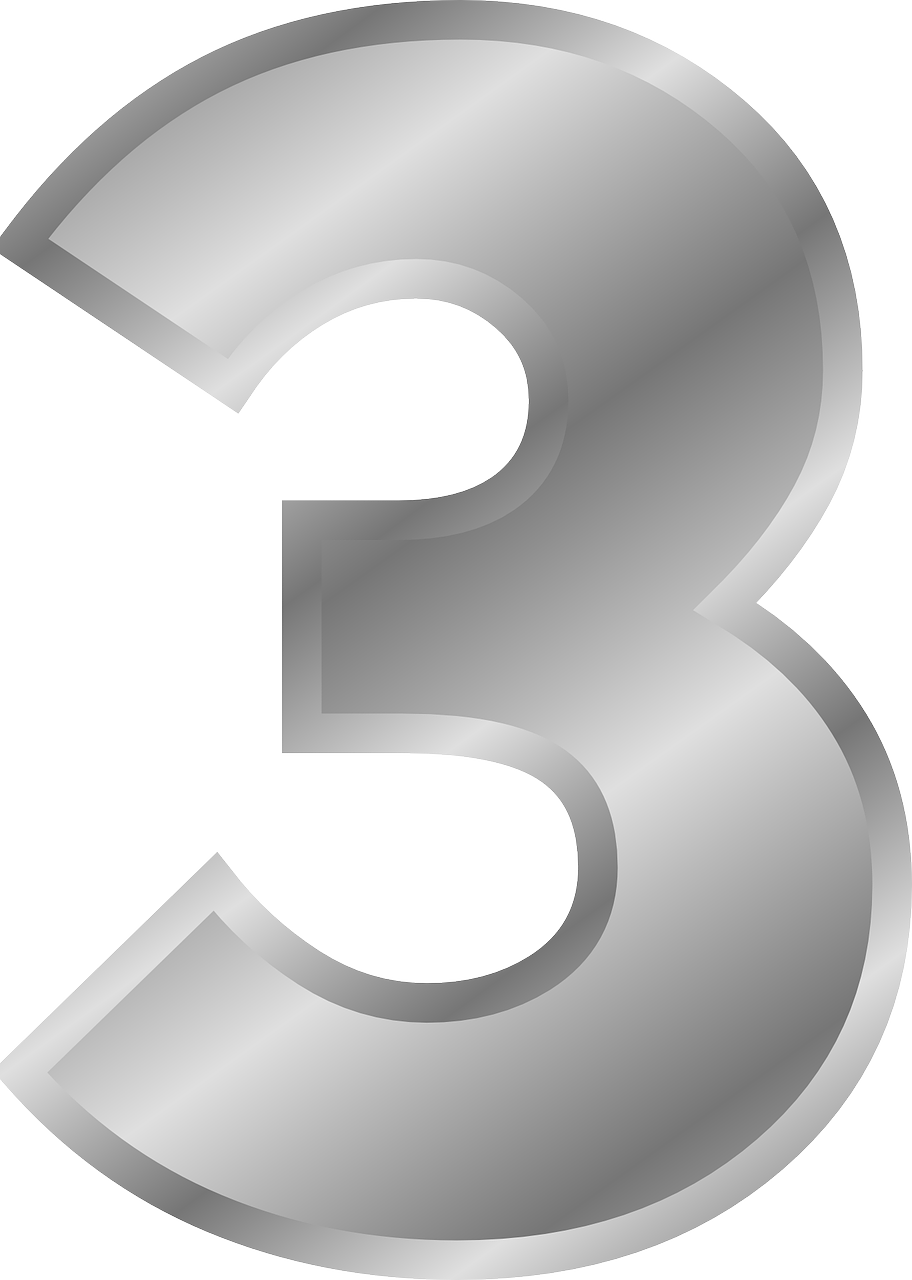 Be on time.
Be on time.
(This translates into being early). Employers most likely have a tight schedule that they need to keep. This is your first shot to prove you will be on time for work. If you are late to your interview, they may view this as something that you will continue a to do when you get hired.
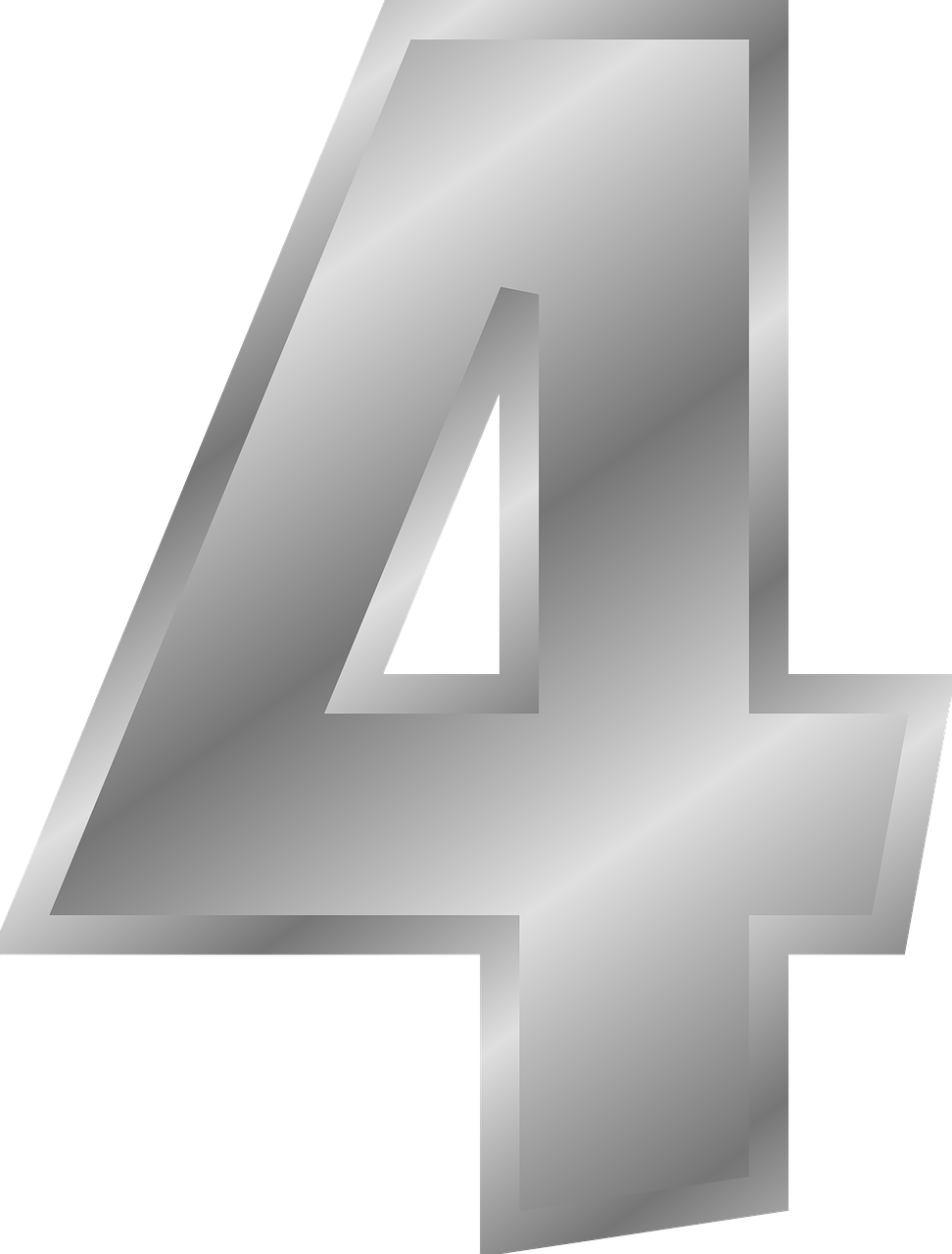 Expect you may be there for several hours.
Expect you may be there for several hours.
Don’t make any plans for after the interview, as you never know what can happen. The interviewer may be running late, you may need to fill out paperwork, or they may like you and want to have you go to a second interview that day.
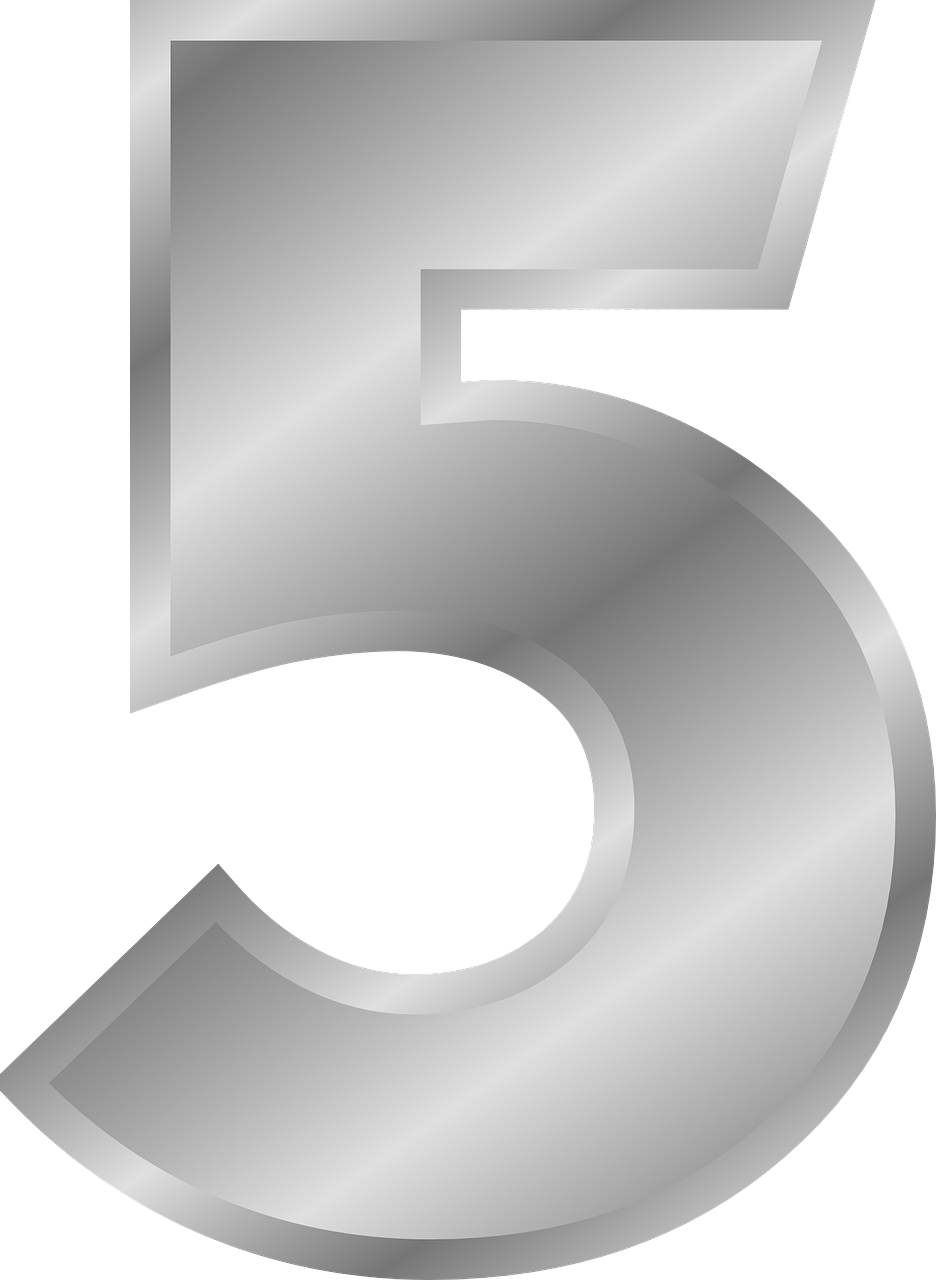 When meeting with your interviewer, you want to stand up, shake their hand firmly, make eye contact and smile.
When meeting with your interviewer, you want to stand up, shake their hand firmly, make eye contact and smile.
There is nothing worse than meeting someone for the first time and they shake your hand like a wet noodle. A weak handshake is often seen as a lack of confidence. Also, try not to make your smile too creepy. You should appear genuinely excited to have the opportunity for this position.
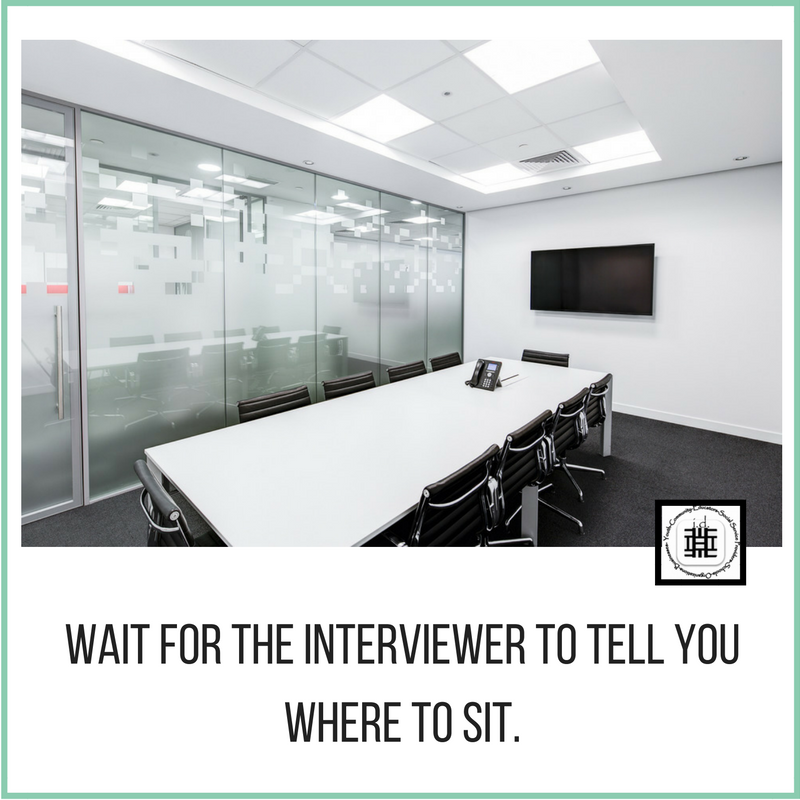
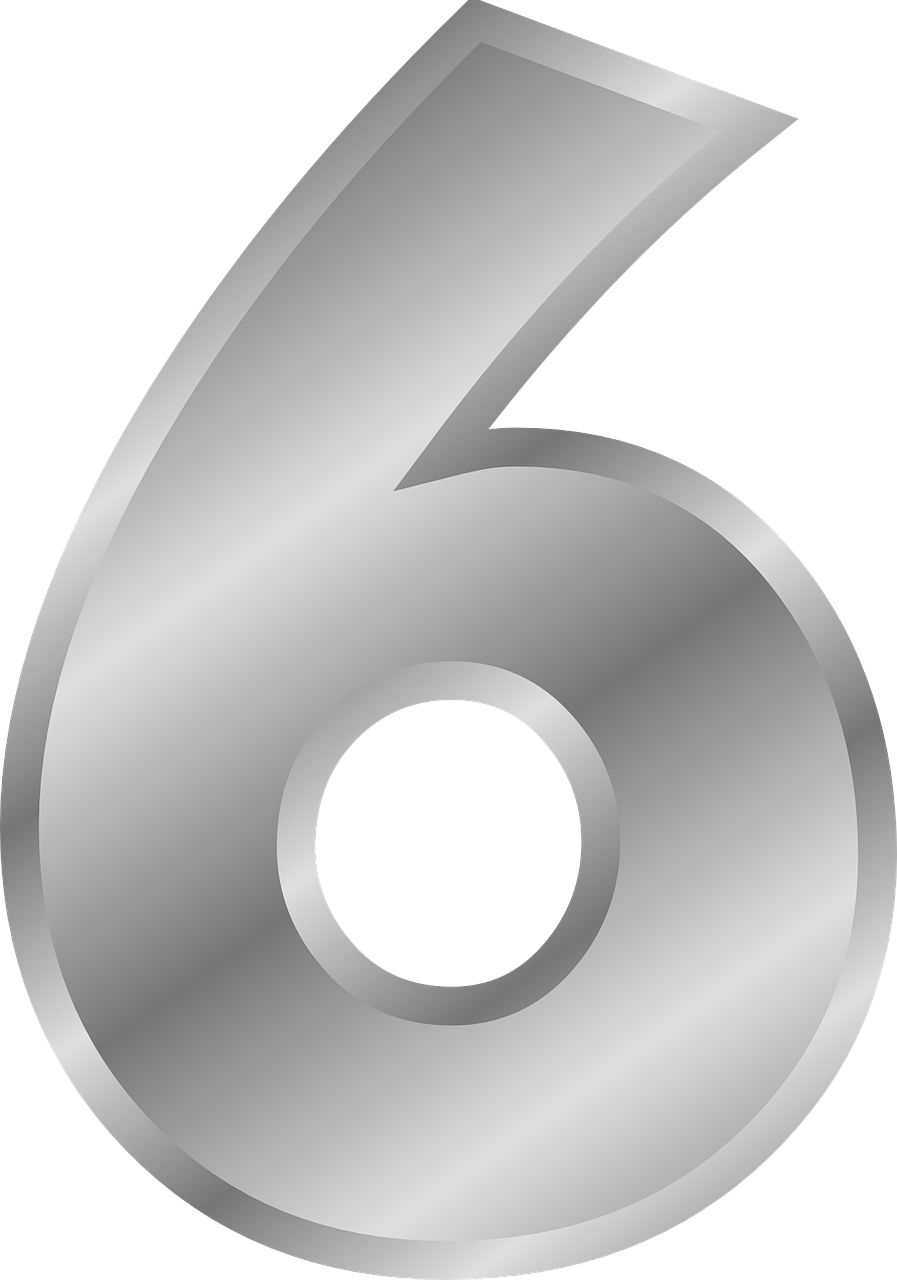 Wait for the interviewer to tell you where to sit.
Wait for the interviewer to tell you where to sit.
If the interviewer doesn’t direct you to a seat, ask, “where would you like me to sit?” They may already have a space set up to begin the interview.
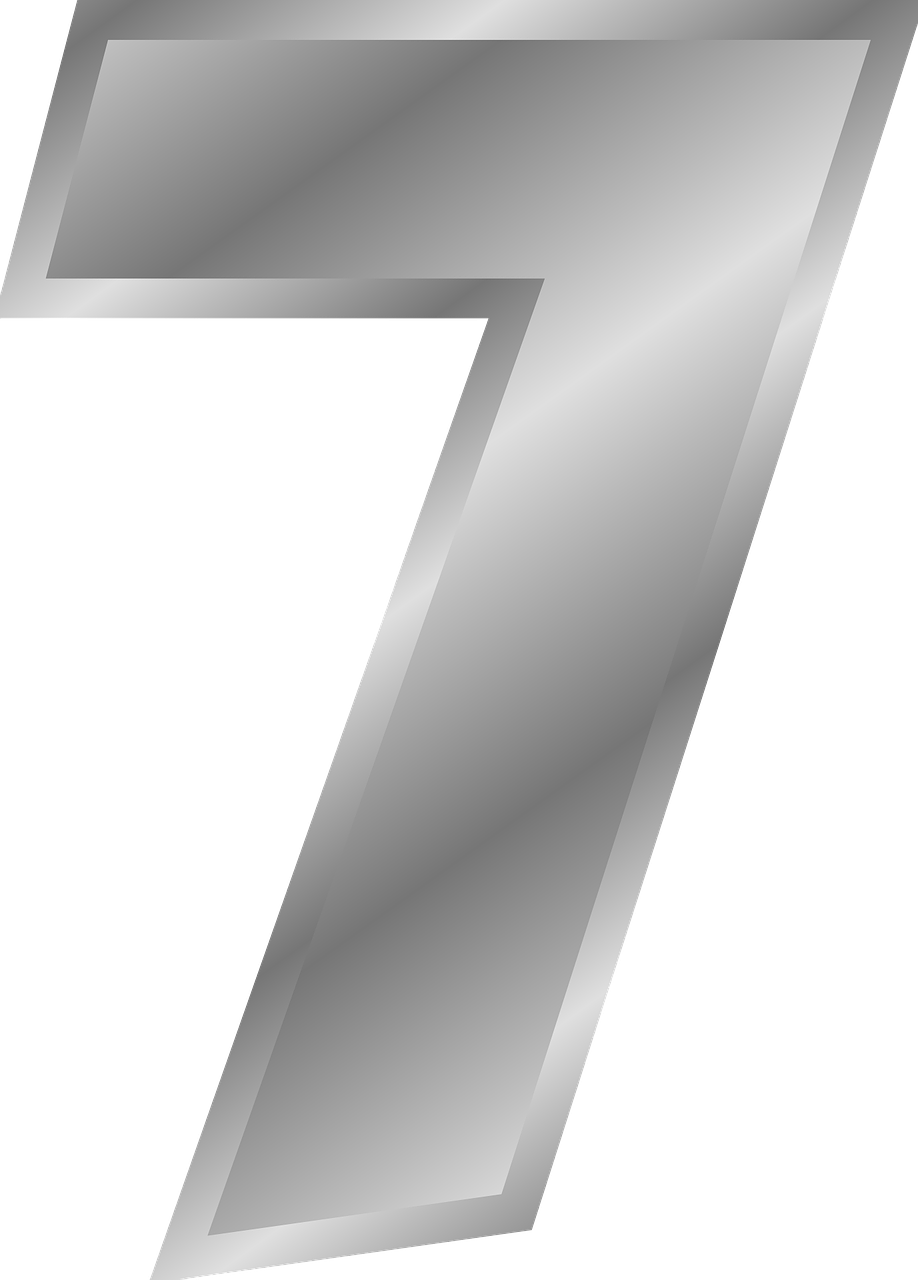 Offer the interviewer a copy of your resume and cover letter.
Offer the interviewer a copy of your resume and cover letter.
Sometimes, they need additional copies or may need to read it on the spot.
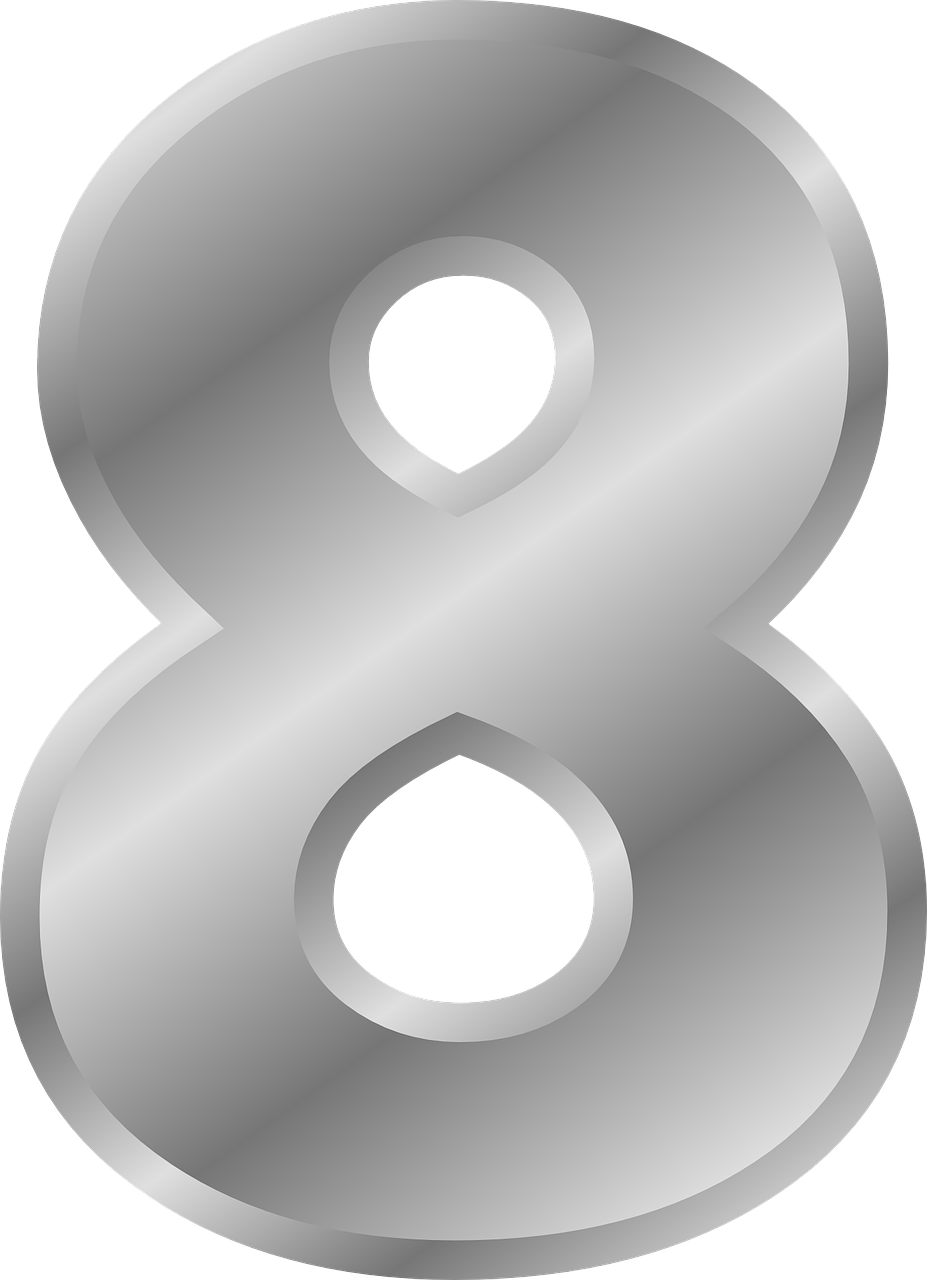 Take out your note pad and pen.
Take out your note pad and pen.
This way you can take notes and keep a record of expectations and responsibilities about the position. It shows the interviewer that you are well prepared, what they have to say is important, and that you truly care about the position.
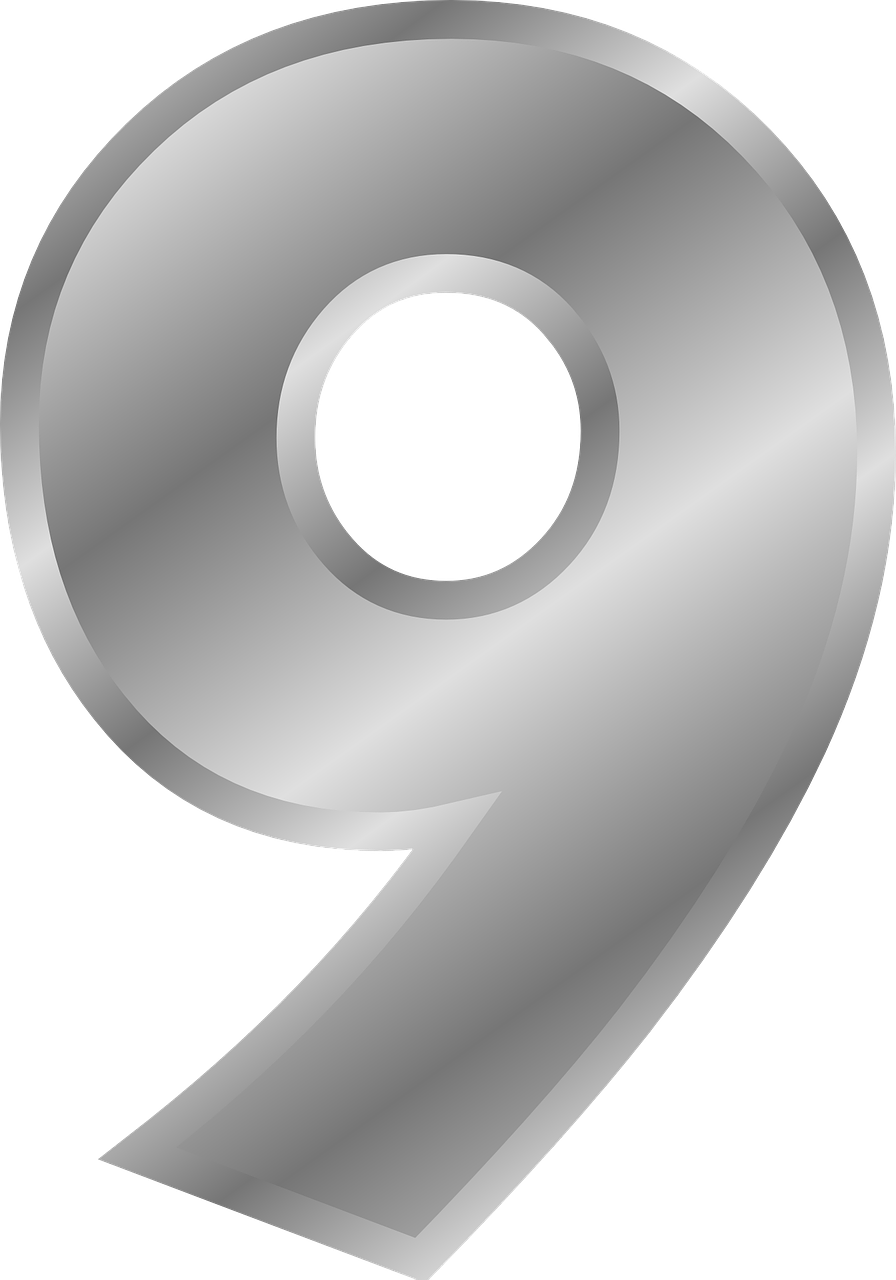 Bring a bottle of water.
Bring a bottle of water.
When you get nervous or are doing a lot of talking, your mouth gets dry. Water helps detoxify your system and calm you down when you are stressed. If you are not in a conference room but sitting in front of someone’s desk, place the bottle of water on the floor. Make sure to take the bottle with you when you leave the interview.

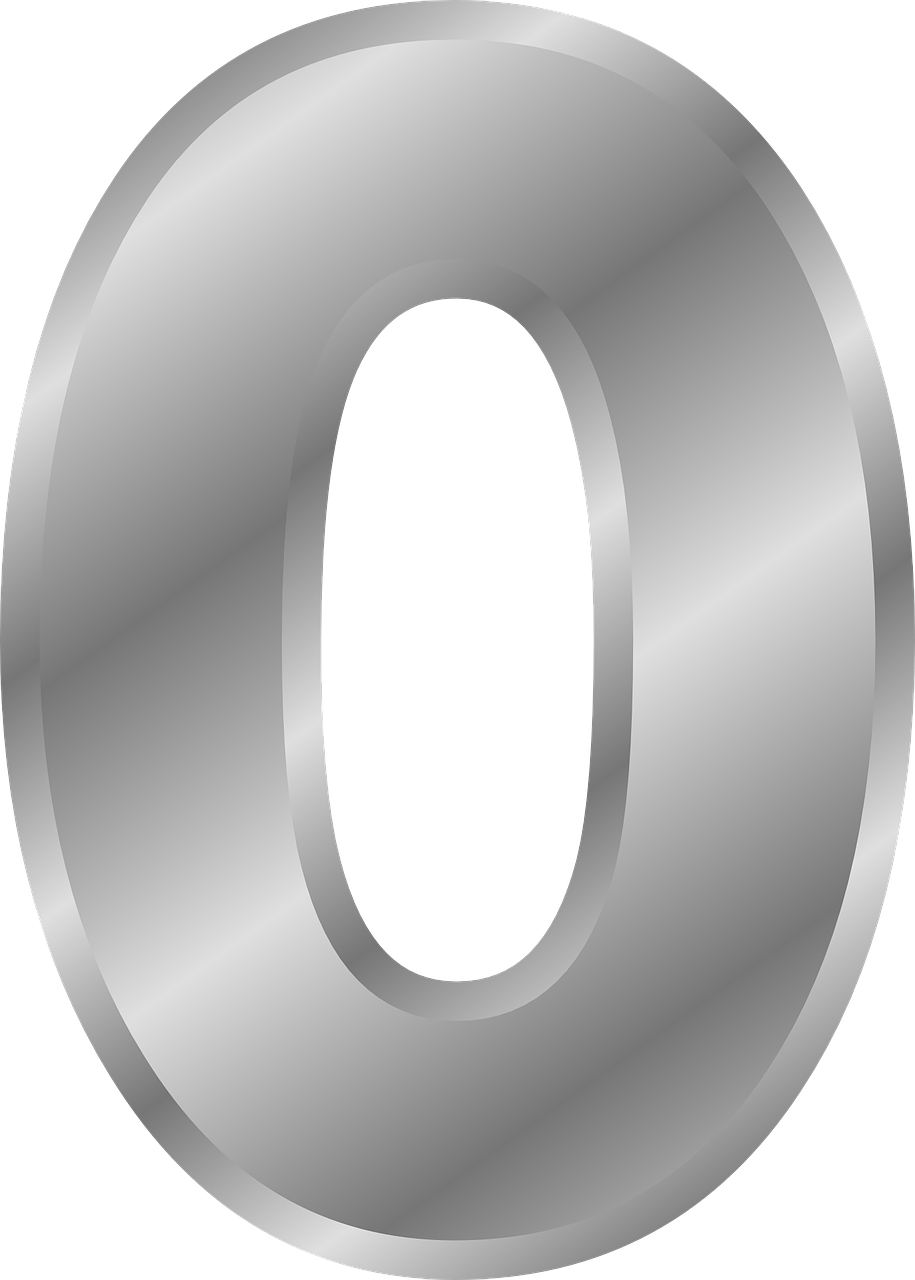 Be able to connect your past experiences to the position.
Be able to connect your past experiences to the position.
I once had an interviewer ask me something that was fairly old on my resume and how I could connect it to the program. It definitely threw me off. The lesson for me was to make sure everything is relevant and current to the position you are applying for and be able to explain and connect your skills and accomplishments to the position.
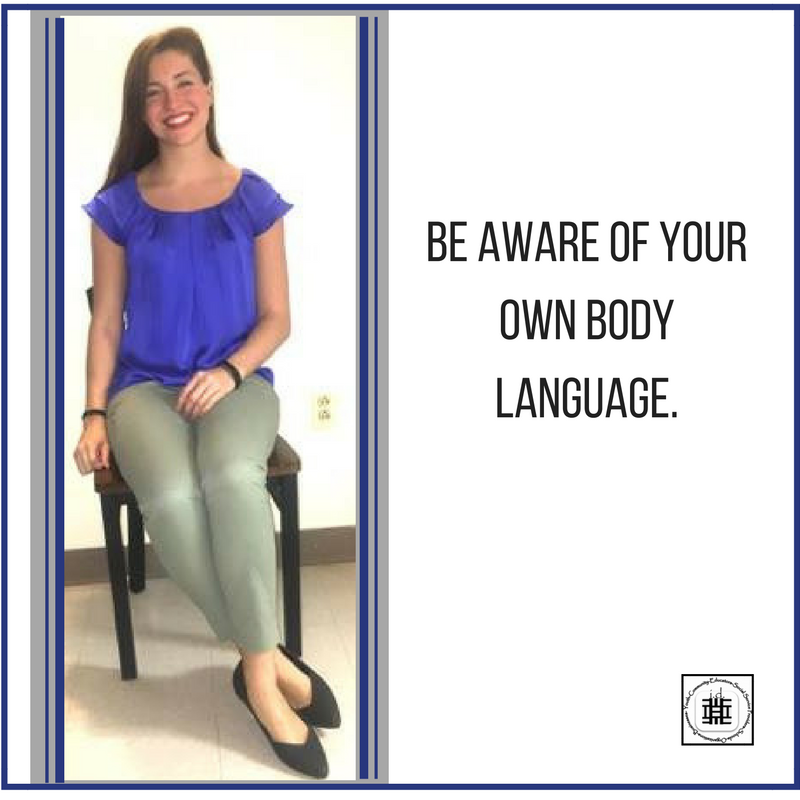
Sarah Bennett

 Be aware of your own body language.
Be aware of your own body language.
Sit up straight in your chair – avoid leaning back, resting, or crossing your arms. You can do this by placing your hands in your lap. Cross your legs; don’t sit with your legs spread open. You also want to try to control nervous behaviors, such as tapping your feet or pen.

 Demonstrate you are actively listening.
Demonstrate you are actively listening.
Smile and nod in response to the interviewer when they are speaking. Make sure to control your giggling and laughing; it can be seen as a sign of disrespect. You also don’t want to make sure your laugh doesn’t seem too forced, or it comes across as insincere or even slightly creepy.

 Be prepared for the unexpected.
Be prepared for the unexpected.
The interviewer may ask you off-the-wall and crazy questions. “Why is a manhole cover round?” – Steve Jobs. Of course, the average person is not going to know this, especially in an office setting. What they may be looking for is how you answer these questions, creativity, and how you handle pressure and stress. Practice interview questions ahead of time to be able to better respond to some of these questions.
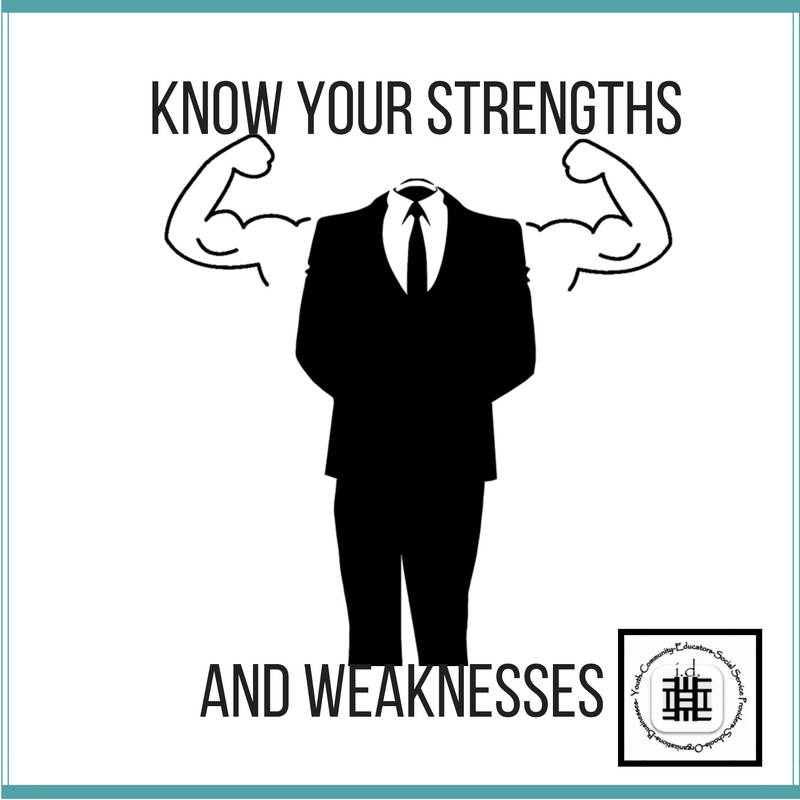

 Know your strengths and weaknesses.
Know your strengths and weaknesses.
This is a very common question in an interview. Once you provide your weakness, you want to make sure you can explain your plan on how to overcome your weakness. You always need to turn your weakness into something positive. Do not just state your weakness.

 Don’t talk negatively about your past bosses or colleagues.
Don’t talk negatively about your past bosses or colleagues.
Think of how you want to discuss negative situations in a neutral way and how you can put a positive spin on the situation.

 Ask for clarification if you don’t understand the questions.
Ask for clarification if you don’t understand the questions.
Never answer, “I don’t know.” The interviewer will perceive your answer as if you aren’t willing to try. A second concern could also be that if something difficult occurs on the job, you will not be able to handle the situation or answering questions.
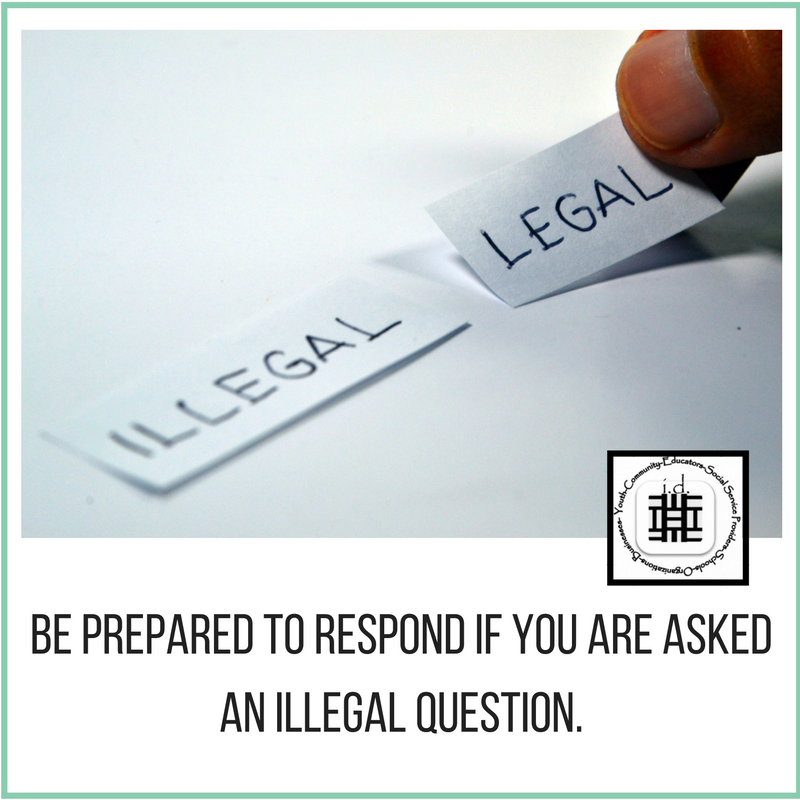

 Be prepared to respond if you are asked an illegal question.
Be prepared to respond if you are asked an illegal question.
I’ve heard people say when providing work readiness training that this doesn’t happen, but it really does. I’ve been asked about my ethnicity on several occasions and know other people who have been asked illegal questions as well.
So, if the employer does ask you an illegal question, it is up to you how you choose to answer it. I choose to politely answer the questions, or you can redirect the question and discuss how your skills and abilities (state them specifically) make you a qualified candidate for the position. Finish out the interview, and then you can decide if this is a place that you really want to work or not.

 Have follow-up questions prepared
Have follow-up questions prepared
for when the interviewer asks, “Do you have any questions?” You never want to reply, “no, you answered all of my questions.” They want to see that you’re knowledgeable and invested in the position and the organization. Be sure that you did all your research and looked up the company ahead of time. You don’t want to ask questions that were clearly stated on the website.

 Don’t ask about salary or benefits.
Don’t ask about salary or benefits.
If they are interested in you, they will provide that information at a later time.

 Don’t ask the interviewer if you are hired.
Don’t ask the interviewer if you are hired.
Here are few signs that they liked you in the interview: they…
- hire you on the spot (okay, that one was obvious).
- provide you detailed information about the next interview, including whomever you should expect to hear from or speak with.
- show you around the office and introduce you to staff.
- Don’t be discouraged if these things don’t happen; they might just have a different process. There have been times when the interviewer was very cold and not giving me any signals that they were interested in hiring me. Guess what? I got a call that I was hired. There have also been times when I thought things went well and wasn’t offered the position. So, you can’t always tell. The best way to look at it is that you had practice and will be even better the next time.
![]()
![]() I know I said 20, but surprise, I threw in a freebie for you. Thank the interviewer for their time, and shake their hand firmly. Ask the interviewer for their card, and put it somewhere safe. Make sure to send a follow-up thank you email the next business day.
I know I said 20, but surprise, I threw in a freebie for you. Thank the interviewer for their time, and shake their hand firmly. Ask the interviewer for their card, and put it somewhere safe. Make sure to send a follow-up thank you email the next business day.
If you follow the tips provided in the post, you will be one step closer to getting the job. You’ll eliminate making a lot of the basic mistakes that prohibit people from getting a second interview. So get ready to ace your interview!
Posts you can’t afford to miss:
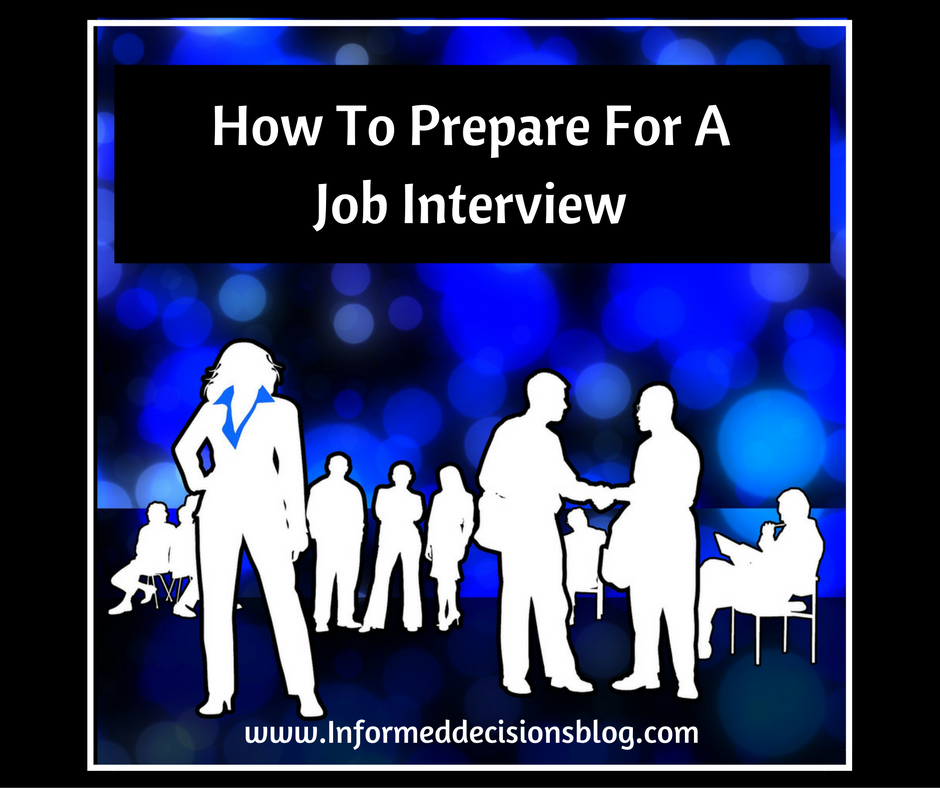
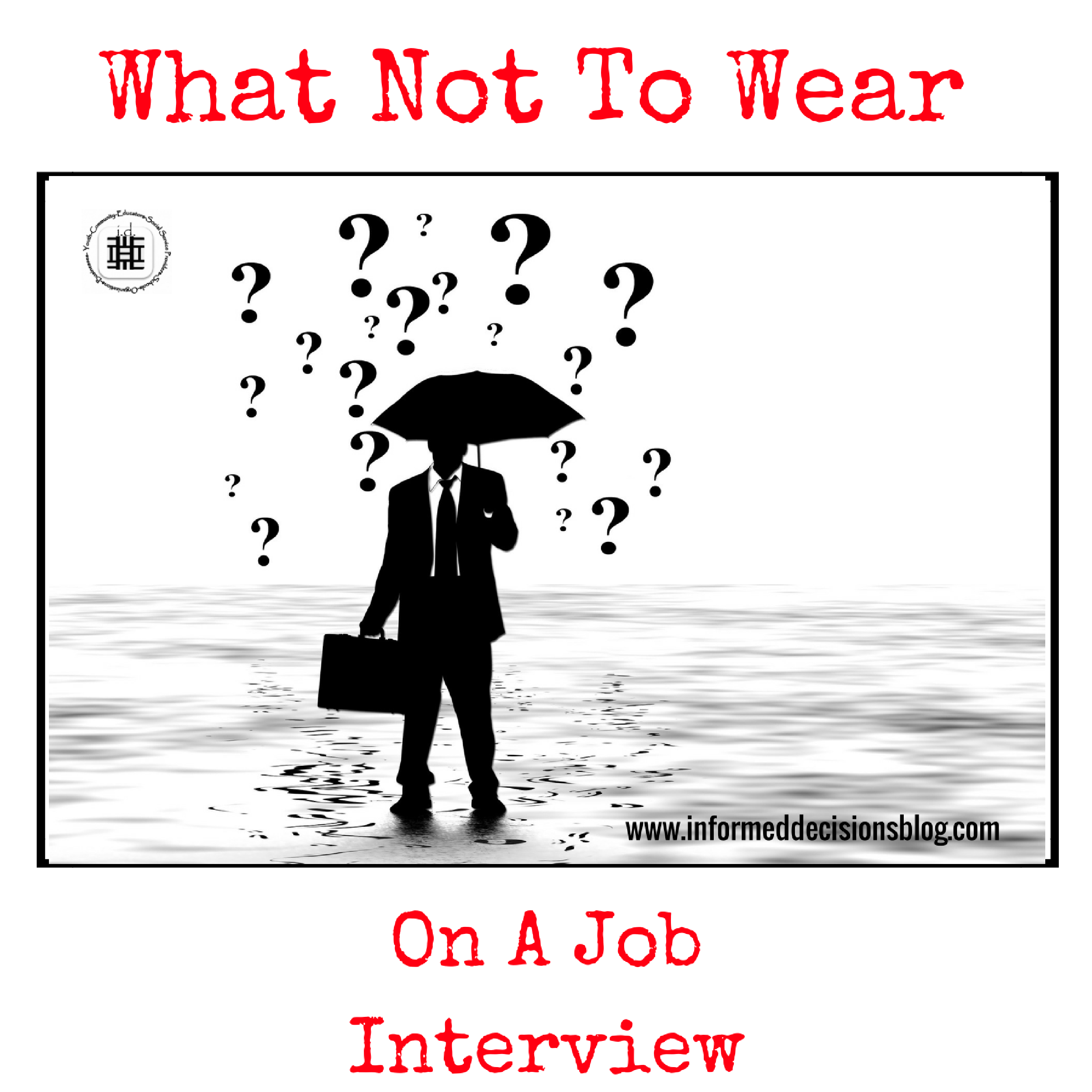
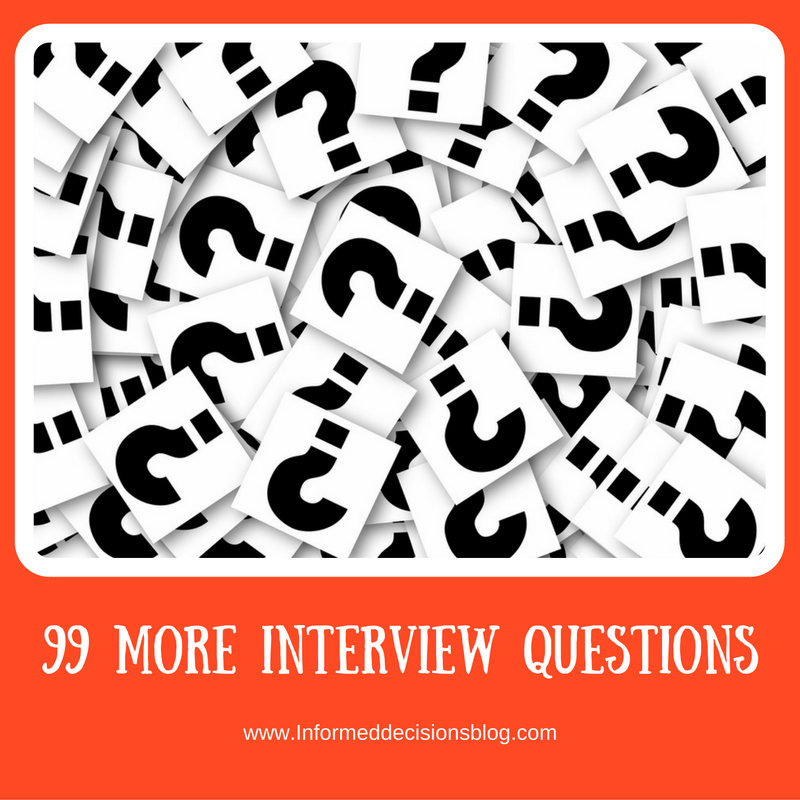
Leave a Reply